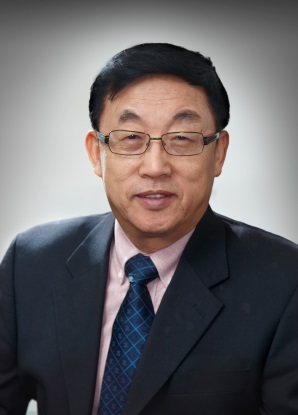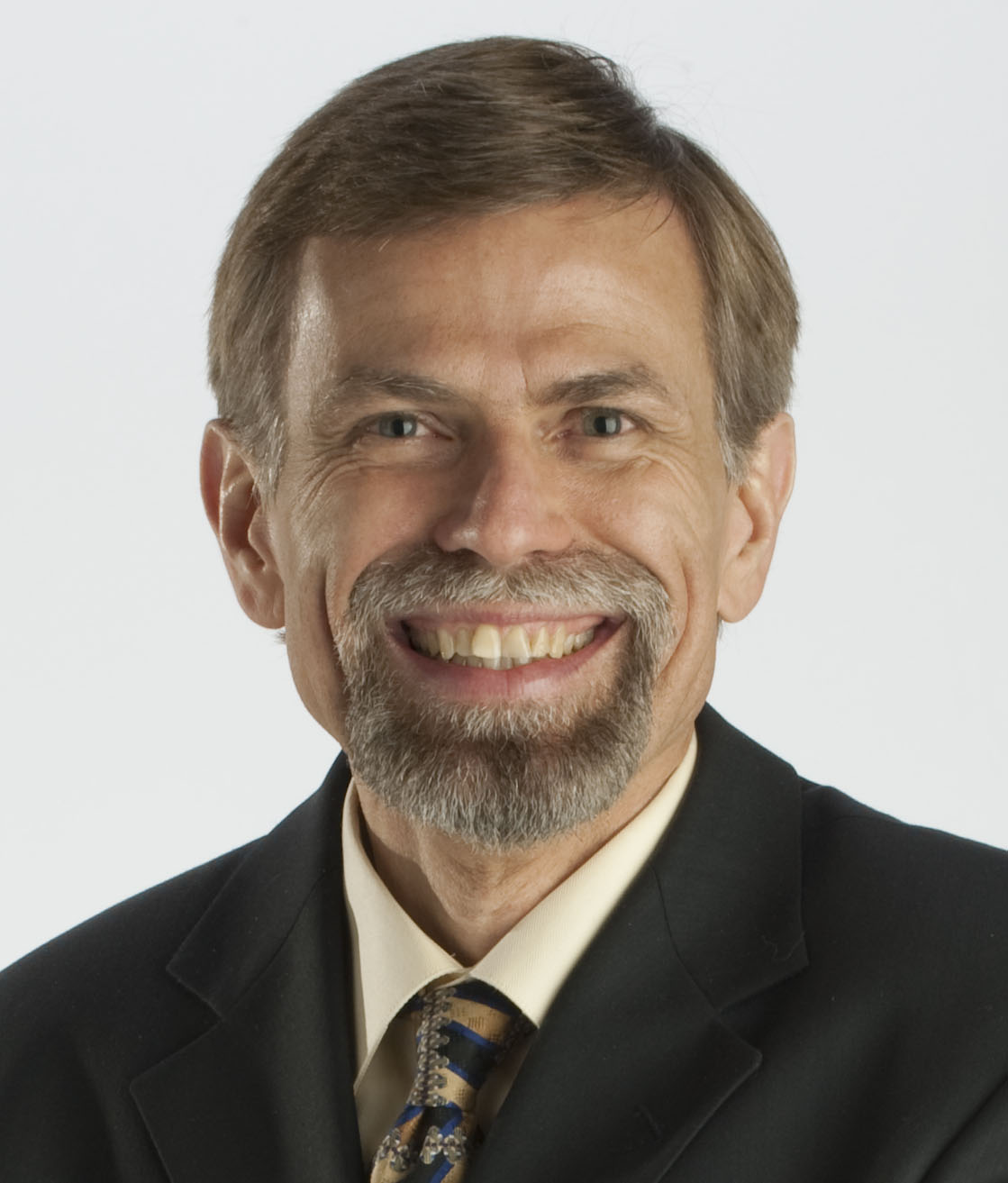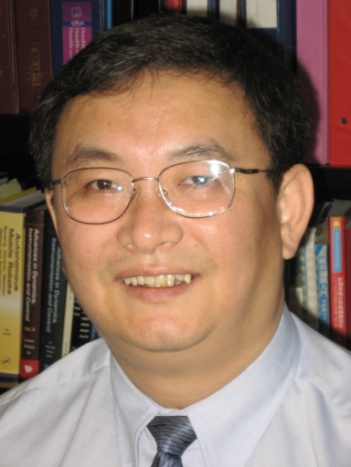Prof. Tianyou Chai, Member of Chinese Academy of Engineering; Professor, Northeastern University, China

Title:
Intelligent Feedback Control for Operation of Complex Industrial Processes
Abstract:
Process control should aim at not only ensuring controlled variables to best follow their set points, but also requiring the optimal control for the operation of the whole plant to make the operational indices (e.g. quality, efficiency and consumptions during the production phase) into their targeted ranges. It also requires that operational indices for quality and efficiency should be enhanced as high as possible, whilst the indices related to consumptions are kept at their lowest possible level. Based upon a survey on the existing operational optimization and control methodologies, this talk presents a data-driven hybrid intelligent feedback control for operation of complex industrial processes and a hybrid simulation system. Simulations and industrial applications to a roasting process for the hematite ore mineral processing industry are used to demonstrate the effectiveness of the proposed method. Issues for future research on the optimal operational control for complex industrial processes are outlined in the final section.
Brief Biography:
Tianyou Chai received the Ph.D. degree in control theory and engineering in 1985 from Northeastern University, Shenyang, China, where he became a Professor in 1988. He is the founder and Director of the Center of Automation, which became a National Engineering and Technology Research Center and a State Key Laboratory. He is a member of Chinese Academy of Engineering, IFAC Fellow and IEEE Fellow, director of Department of Information Science of National Natural Science Foundation of China.
His current research interests include modeling, control, optimization and integrated automation of complex industrial processes.
He has published 150 peer reviewed international journal papers. His paper titled Hybrid intelligent control for optimal operation of shaft furnace roasting process was selected as one of three best papers for the Control Engineerig Practice Paper Prize for 2011-2013. He has developed control technologies with applications to various industrial processes. For his contributions, he has won 4 prestigious awards of National Science and Technology Progress and National Technological Innovation, the 2007 Industry Award for Excellence in Transitional Control Research from IEEE Multiple-conference on Systems and Control.
TOP
Prof. Anthony A. Maciejewski, Electrical and Computer Engineering Department, Colorado State University. USA

Title:
Designed to Fail: Incorporating Kinematic Redundancy into Robotic Systems
Abstract:
Operations in remote or extremely hazardous environments, e.g., in space, underwater, or in nuclear/chemical waste sites, are frequently performed by robotic devices. Unfortunately, the very nature of these environments makes the probability of a failure in the mechanical or electronic hardware of the robot more likely. Because by definition the operating environment precludes the intervention of a human to repair or retrieve the device, fault tolerance becomes a critical issue. By fault tolerance it is meant that damage to any portion of the robotic system, such as the mechanical actuators, control electronics, sensors, etc., will not render the system uncontrollable. A damaged fault tolerant system can be operated, albeit in a somewhat degraded capacity, to complete the assigned task or at a minimum to retrieve the robotic device without compromising the working environment. This presentation will focus on two approaches for designing failure tolerant robotic systems. The first is to develop software that can control robots of an arbitrary design to achieve maximum fault tolerance. This would allow the use of conventional manipulators to their maximum capability, regardless of the extent of the damage to the device. The second is to design robotic arms with kinematic redundancy that maximizes the dexterity and maneuverability of the arm after the occurrence of a fault.
Brief Biography:
Anthony A. (Tony) Maciejewski received the B.S., M.S., and Ph.D. degrees in Electrical Engineering in 1982, 1984, and 1987, respectively, all from The Ohio State University. From 1988 to 2001, he was a Professor of Electrical and Computer Engineering at Purdue University. In 2001, he joined Colorado State University where he is currently the Head of the Department of Electrical and Computer Engineering. He has co-authored over 250 technical publications in the areas of robotics and high-performance computing and served on eight journal editorial boards and over 100 conference program committees. He is a Fellow of IEEE and currently serves as the Vice-President of Financial Activities for the Robotics and Automation Society. A complete up-to-date vita is available at www.engr.colostate.edu/~aam
TOP
Prof. Chun-Yi Su, Department of Mechanical and Industrial Engineering Concordia University, 1455 de Maisonneune Blvd. West Montreal, Quebec Canada

Title:
Modeling and Control of Hysteresis Nonlinearities in Smart Actuators
Abstract:
Hysteresis nonlinearities are very common in magnetic materials, smart materials and industrial systems. For decades, the existence of such nonlinearities have provided one of the most difficult challenges to control design engineers since the entire Laplace domain and most state space control design techniques were developed exclusively for differentiable linear or nonlinear systems. Hence, the existence of hysteresis nonlinearities in smart material based actuators and systems were neglected and the controllers were designed based on the nominal smooth systems. When the systems are considered with non-differentiable nonlinearities, these methods encountered substantial difficulties in the analysis, model fitting and control design stages. It was extremely difficult, if not impossible, to design or prove stability of such systems. The development of techniques for the identification of such nonlinearities in realistic industrial plants has emerged as a significant problem in itself.
This talk is intended to raise awareness of modeling and control techniques and to provide an opportunity to discuss state-of-the-art solutions for the problems. The presentation and discussion will range from modeling of hysteresis, to the design of corresponding control schemes, especially in the absence of complete information concerning the system model and state.
Brief Biography:
Dr. Chun-Yi Su received his Ph.D. degrees in control engineering from South China University of Technology in 1990. After a seven-year stint at the University of Victoria, he joined the Concordia University in 1998, where he is currently a Professor of Mechanical and Industrial Engineering and holds the Concordia Research Chair in Control. He has also held several short-time visiting positions including a Chang Jiang Chair Professorship by China’s Ministry of Education and JSPS Invitation Fellowship from Japan, and Qian Ren Talents Professor from China. His research covers control theory and its applications to various mechanical systems, with a focus on control of systems involving hysteresis nonlinearities. He is the author or co-author of over 300 publications, which have appeared in journals, as book chapters and in conference proceedings. In addition to his academic activities, he has worked extensively with industrial organizations on various projects.
Dr. Su has been an Associate Editor of IEEE Transactions on Automatic Control, IEEE Transactions on Control Systems Technology, Mechatronics, Control Engineering Practice, and several other journals. He has served as Chair/Co-Chair for numerous international conferences.
TOP


